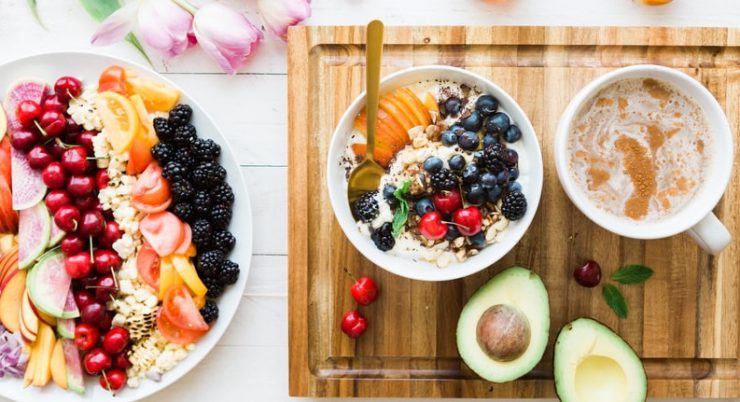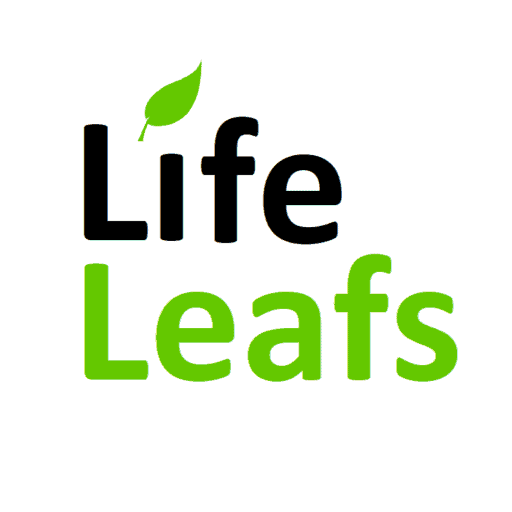According to WHO, a healthy diet helps to protect against malnutrition in all its forms, as well as noncommunicable diseases (NCDs), including such as diabetes, heart disease, stroke and cancer.
Healthy eating helps to prevent malnutrition in all its forms as well as from lots of diseases and conditions. However, increased production of processed foods has led to a shift in dietary patterns. People are now consuming more foods high in calories, fats, sugars and salt/sodium, and many people do not eat enough fruit, vegetables and other dietary fibre such as whole grains.
Below are few quick tips on what to eat and what to avoid
Grains
- Eat whole-grain, high-fiber breads and cereals.
- Reduce or eliminate refined or processed carbohydrates; most of the grains in your diet should be whole grains.
Proteins
- Choose from a variety of low-fat sources of protein — including eggs, beans, poultry without skin, seafood, fish, lean meats, unsalted nuts, seeds, and soy products. If you eat meat, eat white meat.
- Try to minimize consumption of red meat as much as possible
Fat
- Use vegetable oils (like olive or canola oil) instead of solid fats.
- Consume nuts and seeds as those are the excellent sources of healthy fat
- Reduce intake of saturated fats and trans-fats (such as partially hydrogenated oil) as much as possible.
- Restrict or eliminate “junk food” — foods that contain refined white flour, solid fats or trans fats, added sugars, and are high in sodium.
Fruits and Vegetables
- Eat a variety of vegetables, especially dark green, red, and orange vegetables. Eat varieties of colors of fruits and vegetables and seasonal vegetables
- Avoid fruits or vegetables that you are allergic to or have been advised by doctor to avoid
Diary
- Drink fat-free or low-fat milk and eat low-fat dairy products.
- Avoid diary products if you are lactose intolerant
Salt & Sugar
- Reduce daily intake of salt or sodium. Reduce to less than 1,500 mg. per day if you are older than 50, or have hypertension, diabetes or chronic kidney disease.
Beverages ( Alcoholic & Non-alcoholic )
- Restrict or eliminate sodas and other sugar-added drinks that are high in calories and contain few or no nutrients.
- If you drink alcoholic beverages, do so in moderation. Drink only when it doesn’t put you or anyone else at risk.







